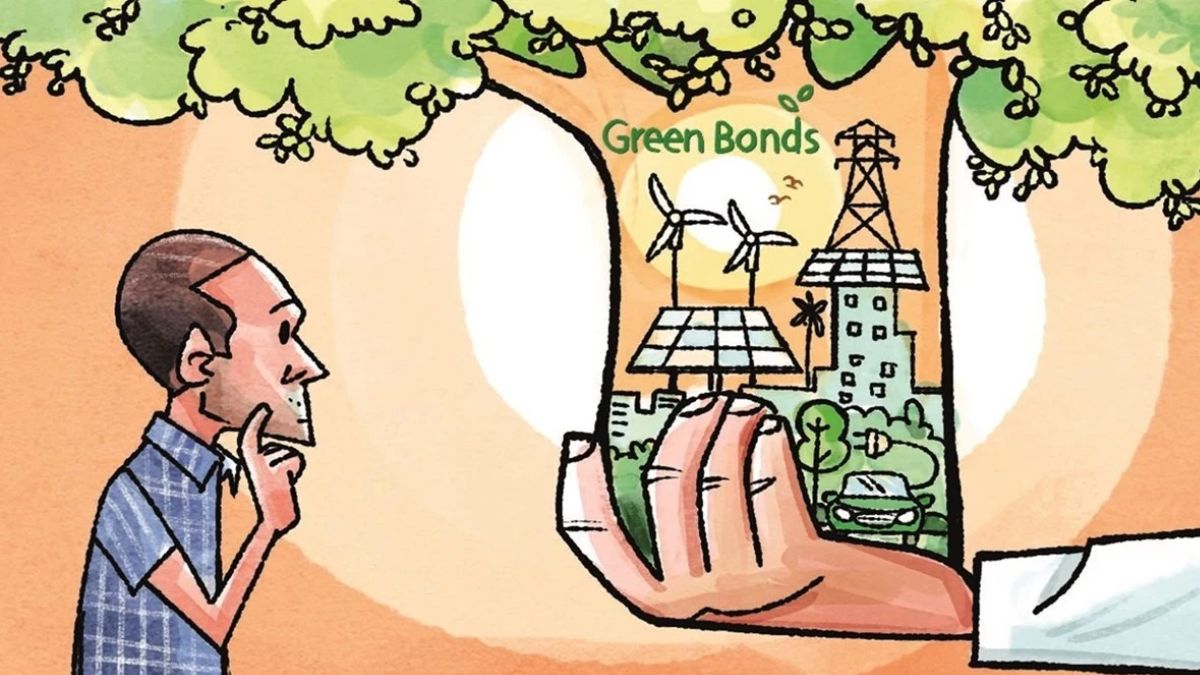The government sold its maiden tranche of green bonds worth Rs 8,000 crore ($1 billion) on Wednesday. The yields on these bonds are below that of comparable bonds, meaning they were sold at a premium. The Reserve Bank of India (RBI) auctioned Rs 4,000 crore of five-year bonds at a coupon rate of 7.1%, five basis points below the five-year sovereign yield. It auctioned another Rs 4,000 crore of 10-year bonds at 7.29%, six basis points below the comparable government security.
The government received 96 competitive bids for the five-year bond, of which it accepted 32. It received 170 bids for the 10-year bond and accepted 57, an RBI press release said.
“We have subscribed to a small portion of these bonds just to get a flavour,” IDBI Bank deputy managing director Suresh Khatanhar said.
Another auction is scheduled for February 9, where the government would sell an additional Rs 8,000 crore. “We are considering subscribing to the green bonds and discussions to this effect are on,” Reji Daniel, head – sustainable banking, ESAF Small Finance Bank, said.
The government had announced sale of green bonds, as part of its market borrowings, for the first time in the Budget for 2022-23. Proceeds from the sale will be utilised to fund public sector projects that reduce the carbon footprint on the economy.
As of September 2022, 40 sovereigns have issued $308 billion in thematic bonds which cover the ambit of green, social, sustainability-linked bonds. Of this, 18 are emerging markets with a total issuance of $70 billion, according to a recent report by India Ratings and Research. Emerging market sovereign thematic issuances have mostly been denominated in hard currencies such as the US dollar, euro and Japanese yen.
In fact, the issue of sovereign green bonds could pave the way for municipal bodies to tap green financing opportunities, the credit rating agency said.
Going ahead, the traction for these green bonds would depend on how conducive the ecosystem is to foreign investment, say experts. Further, regular disclosures and effective utilisation of funds are also important.
“These two auctions would give ample indication of the appetite of Indian institutional investors for such environmentally-sustainable initiatives by the government. Such bonds have been fairly successful in Western developed countries as they have been around for more than five years,” Sanjeev Govila, a Sebi-registered investment advisor, and CEO of Hum Fauji Initiatives, said.
“The success of such a plan would depend on the creation of a conducive ecosystem for such securities, including foreign investments, where ‘green’ investing is quite a rage. However, the current currency environment may act as a dampener, with foreign investors being worried about exchange rate risks,” Govila said.
